THE MONTHLY MULE MEMO
OFFICIAL NEWSLETTER OF THE OFFICE OF ACADEMIC AND STUDENT AFFAIRS
A MESSAGE FROM ASSOCIATE DEAN SNIDER
Welcome to IP4 and IP9 and welcome to your new blocks if you’re clinical students. As we begin March, keep pushing forward, knowing every challenge you face strengthens your skills. Remember to prioritize self-care: take breaks, stay active, and spend time with loved ones. Find joy in small moments and maintain balance. Incorporate mindfulness practices to alleviate stress. As you progress, celebrate your achievements and lean on your support system. You’re on the path to becoming exceptional veterinarians, and I am steadfastly working to help you along the journey.
Associate Dean Snider
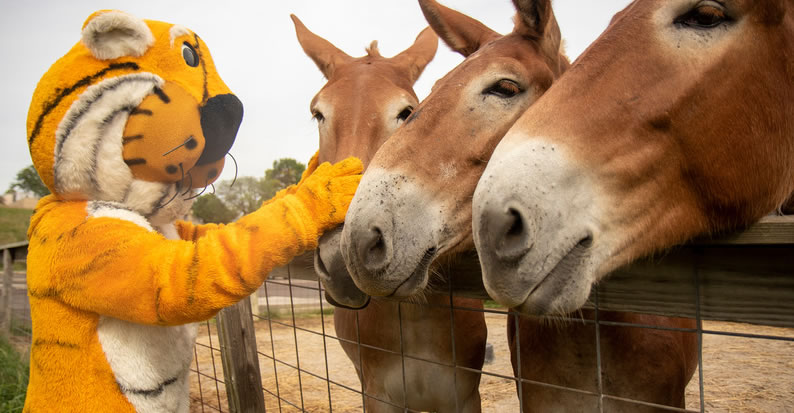
MONTHLY NAVLE PREP QUESTION
An 18-month-old female domestic shorthaired cat is being evaluated to determine whether she is pregnant. The client reports that the cat was bred 50 days ago. Rectal temperature is 104.0°F (40.0°C). On physical examination, an enlarged uterus is palpated and a small amount of yellowish discharge is observed on the vulva. Abdominal radiographs show enlarged uterine horns but no fetal skeletons. Which of the following is the most likely diagnosis?
(A) Endometrial hyperplasia
(B) Pregnancy
(C) Pseudopregnancy
(D) Pyometra
(E) Uterine subinvolution
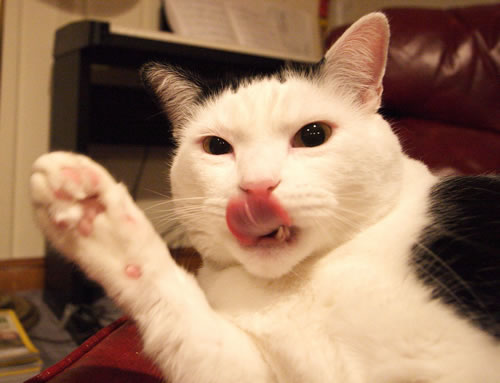
PAWSOME AWARD WINNERS
Congratulations to our recent PAWsome Award Winners, who each won a $25 Amazon Gift Card!
January winner: Abby Fitzsimmons, a Clin Path Tech in the DLab
February winner: Chastidy Bailey in BioMedical Sciences Research
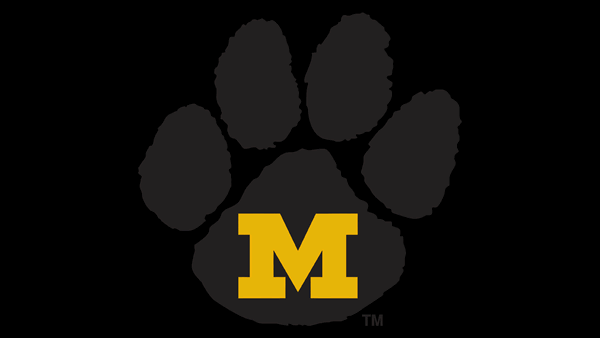
CLUB CORNER
EQUINE CLUB
Hey, it’s us, the Equine Club! We’ve had a fabulous school year so far and would like to share some of our accomplishments with you all. Back in the fall, we had many cool wet labs including splint placement, joint injections, podiatry, and mare palpation. Thanks to the longtime collaboration between the VHC and our colic team, some of our members also got to help with emergency colic workups and even watched some cool exploratory laparotomies. In November, eight of our members went to the 69th AAEP convention in California and had a blast visiting the Del Mar Racetrack and participating in various seminars and wet labs. While having fun, we also brought back more amazing opportunities for the club. Hint hint, collaboration with the Butterfly Network for more ultrasound wet labs?! Within the past 10+ meetings and eight wet labs, we’ve almost covered every basic equine topic from the head to the toe, inside to outside (colics, laminitis, mare and foal, geriatric horses, fractures, etc.). We also had talks such as the “Intern Panel” and “How to Build your Block Schedules,” so our equine-focused students can get a better sense on navigating their future.
We have and will continue to partner with other clubs (Dental, Internal Med, Sports Med, Behavior), so we can share the wholesomeness of the equine field with the rest of the school. It’s been wonderful to see how much our club has grown and how our enthusiasm has made more people interested in equine medicine. All of this cannot be accomplished without the amazing support from the interns, residents, and clinicians from the equine VHC. Of course, huge shoutouts to Megan Rice for hammering down the contents with our speakers and scavenging resources for our wet labs, Jessica Warwick for organizing our colic team and advocating for us in the VHC, Molly Creelman for getting us food each meeting and keeping our finances in check, and Iris Xing for sorting out the logistics for each event and promoting the club with her emails. In the next couple of months, we hope to bring more wholesome content to the club and make our members into well-rounded future equine practitioners. Stay tuned!
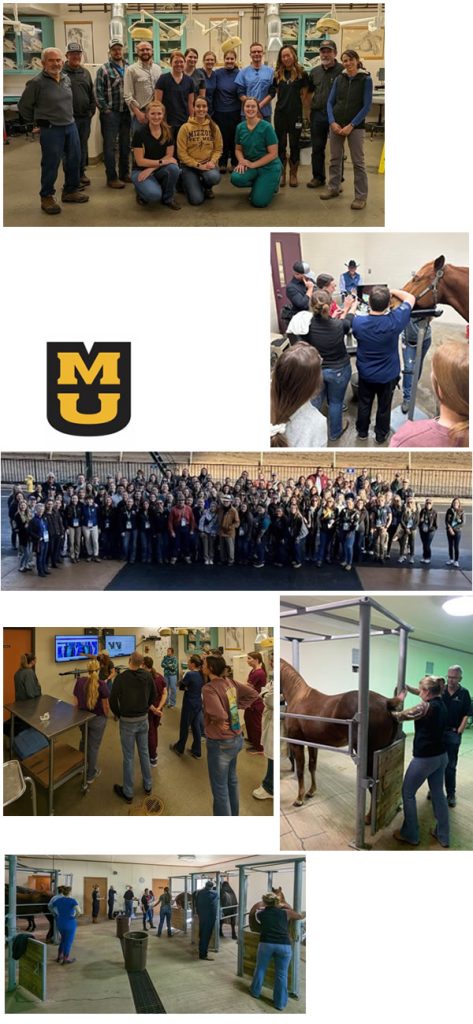
A MONTHLY BOOK SUGGESTION FROM DR. SNIDER‘S BOOKSHELVES
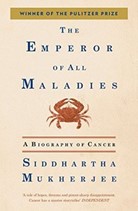 The Emperor of All Maladies: A Biography of Cancer, by Siddhartha Mukherjee
The Emperor of All Maladies: A Biography of Cancer, by Siddhartha Mukherjee
This wonderful (lengthy!) book is a Pulitzer-winning treatment of the topic of cancer. It’s a book that would be interesting to veterinarians and vet students, even though it does not talk much about animal cancer. There are few animal based research intersections that would be interesting to the vet community. Some of the earliest observations on human prostate cancer therapeutics were gleaned from studying the prostate cancer disease in intact male dogs. Enjoy this book!

OFFICE OF ACADEMIC AND STUDENT AFFAIRS
|
Timothy A. Snider Lisa McCubbins Lisa Thompson Jennifer Hamilton
|
Stephanie McClaren Manda Riley Kathy Seay Doug Tindall |
Kerry Karaffa Tiffany Sanford-Martens |
